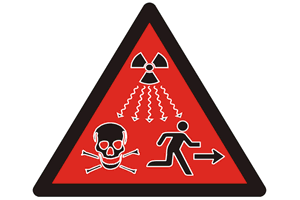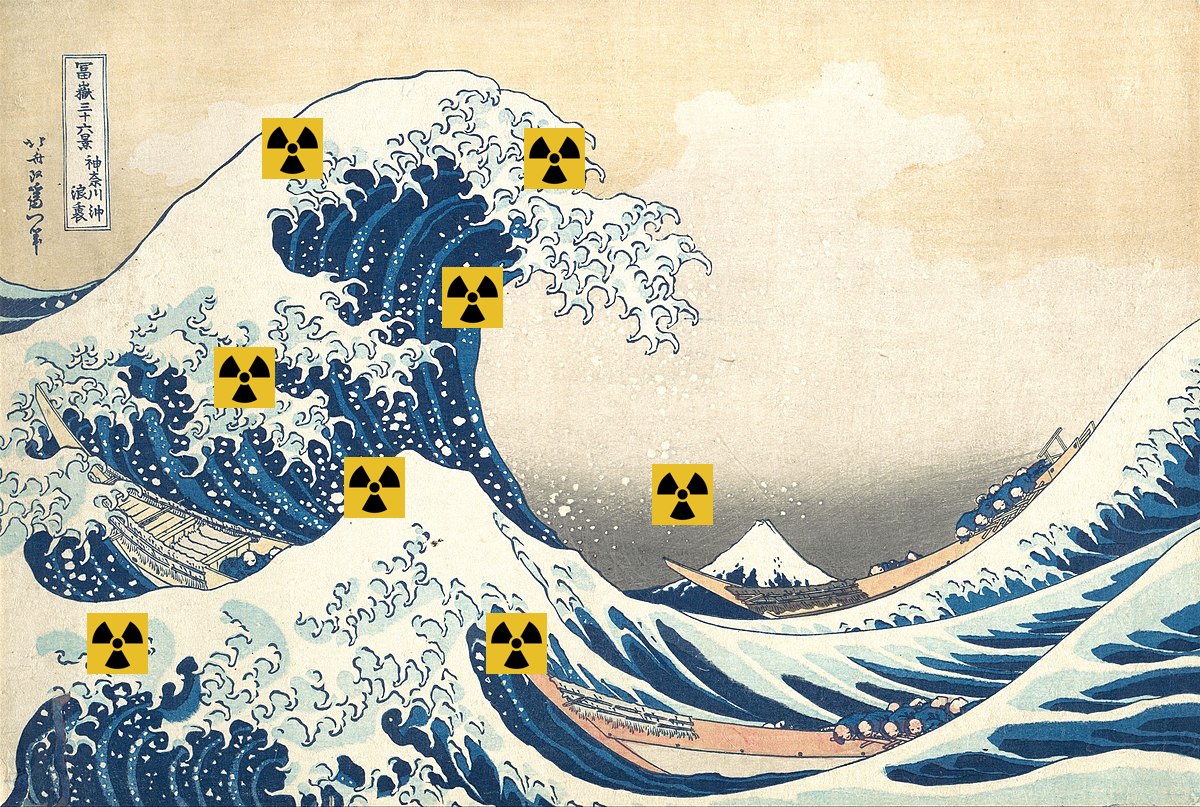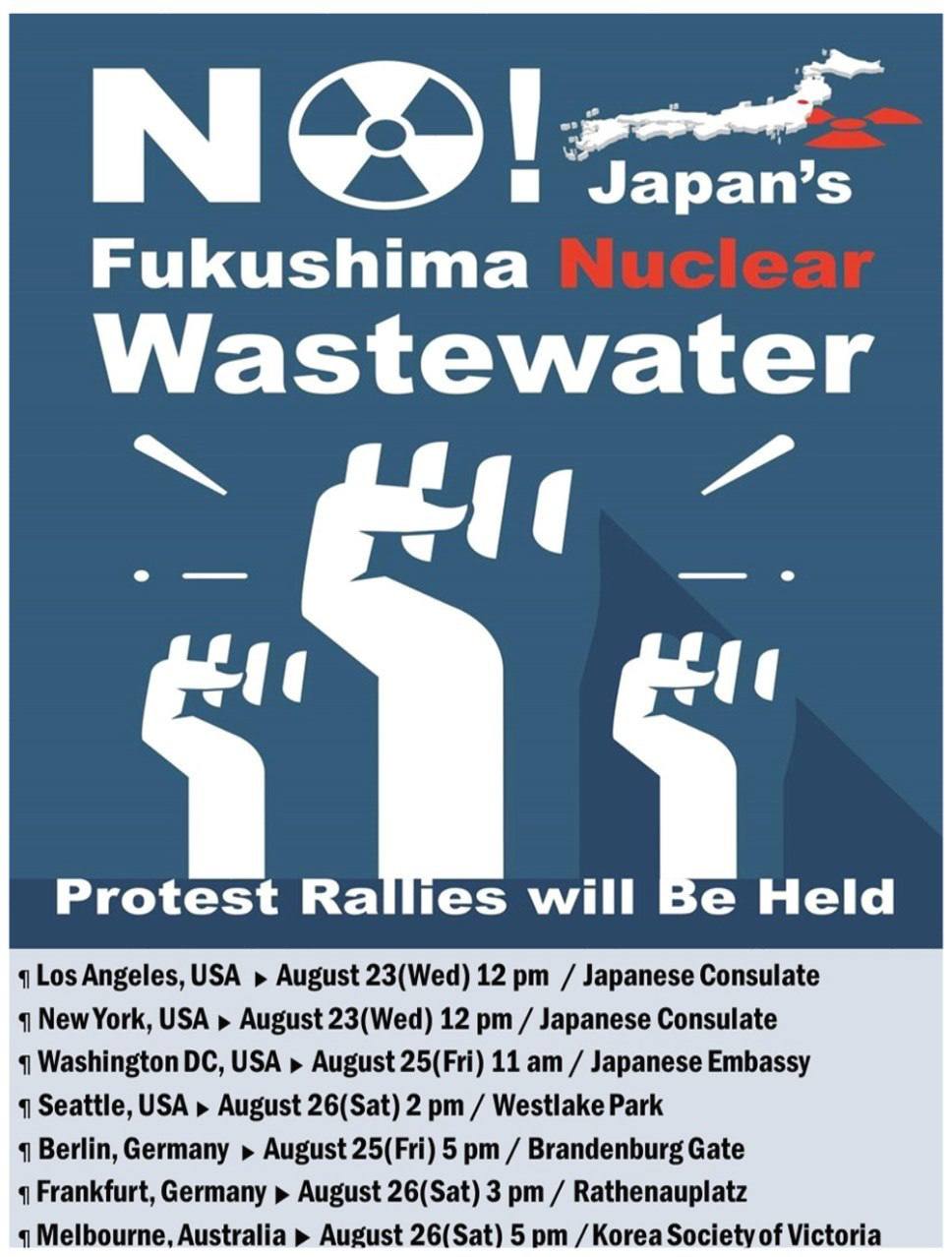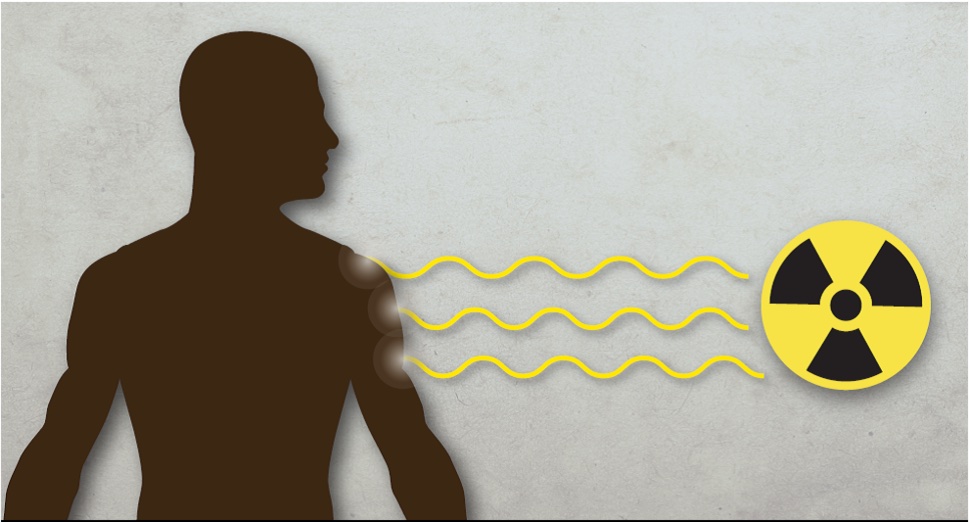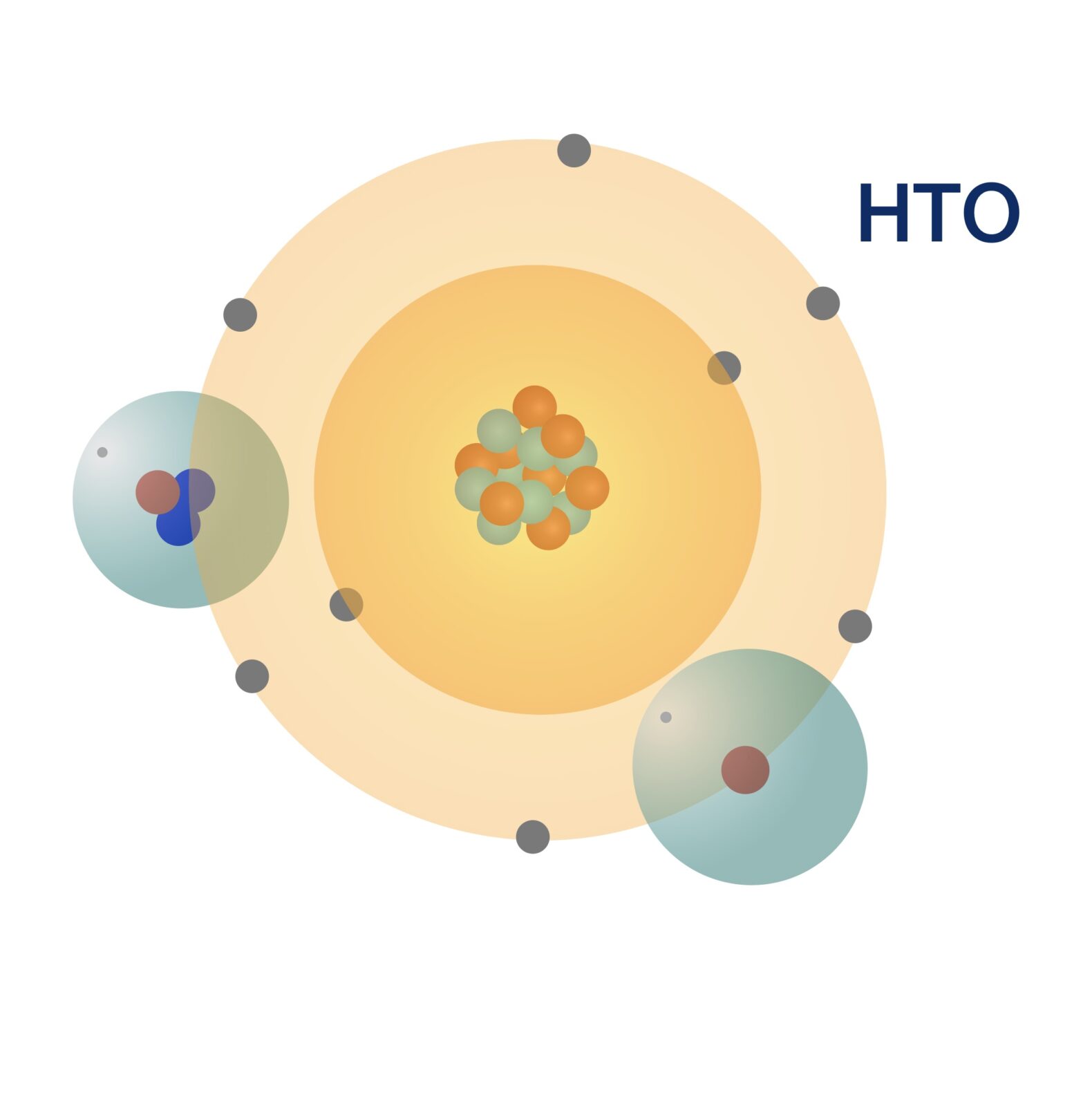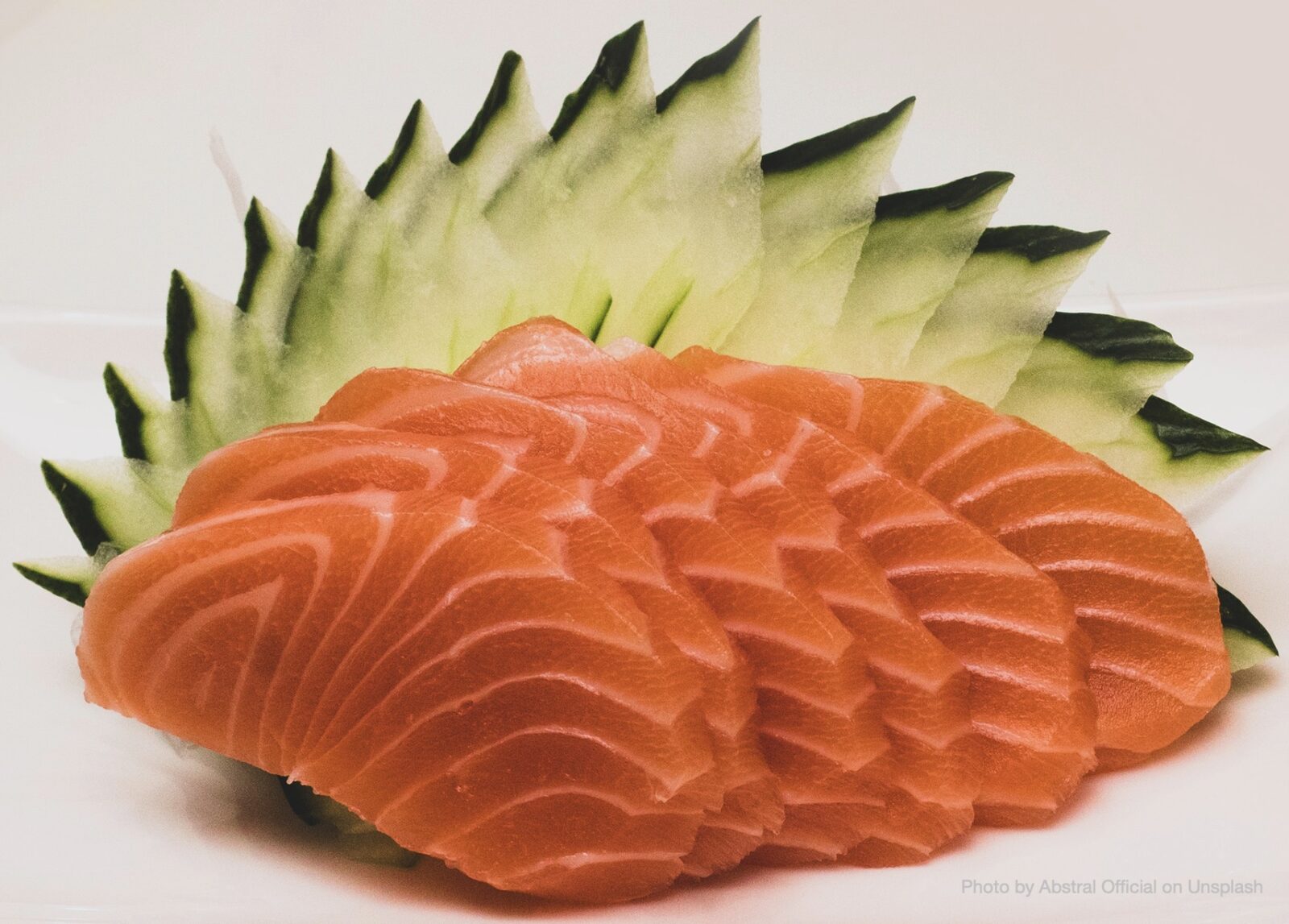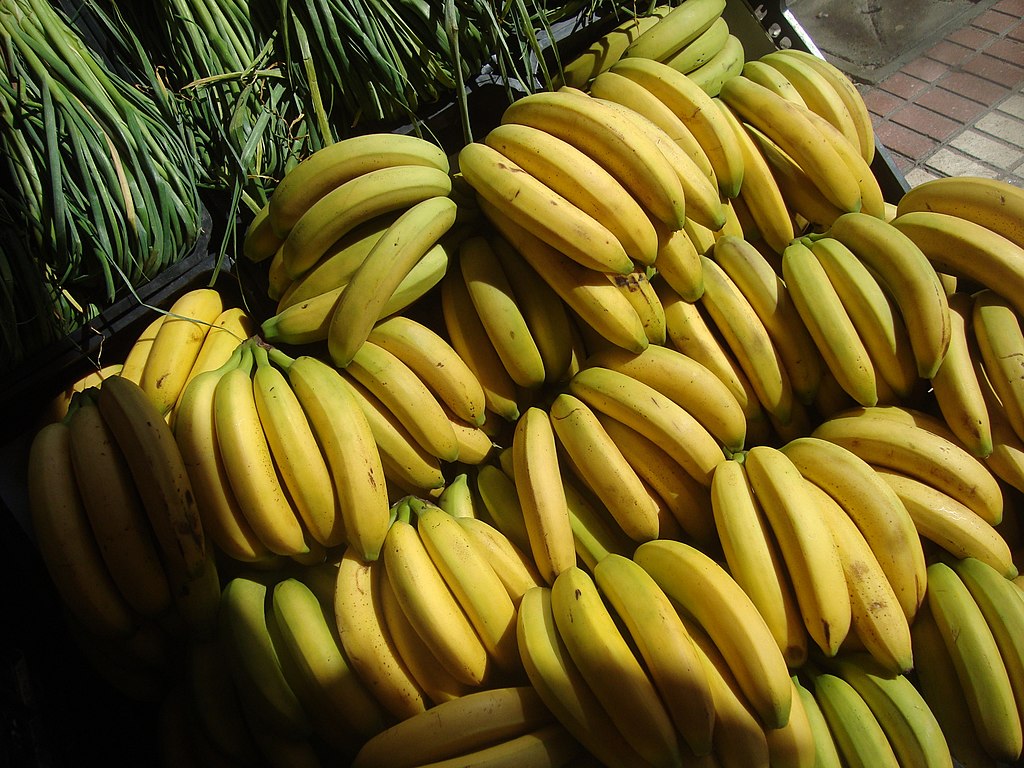Impacts
Radiation persists in wild boars
Some radionuclides persist in the environment once released, contaminating the food chain, creating widespread long-term risk of radiation exposure. Radiocesium, which has been released from civilian reactor meltdowns like Chornobyl and Fukushima, but also from worldwide atomic testing, is one such radionuclide. New research demonstrates that wild boars in Bavaria are not only contaminated by…
Read MoreTritium releases opposed as environmental and health concerns grow
Reactor community residents, state and federal political officials, public health experts, fishing industry advocates and environmentalists in the United States and countries around the world are calling for stricter protective action to prevent the international nuclear industry’s global discharge of its largest, and costliest, volume of liquid radioactive waste from nuclear power sites; tritium, radioactive…
Read MoreMarine expert disses dumping
According to marine expert Ken Buesseler, senior scientist at Woods Hole Oceanographic Institution, Japan and TEPCO have “been only partially successful and only partially transparent” as they begin dumping some 350 million gallons of radioactive water into the Pacific Ocean. The water was contaminated by direct contact with the melted radioactive cores of the ruined…
Read MorePROTEST Japan’s radioactive Pacific dumping!
Japan has started releasing radioactive waste water from the devastating multiple meltdowns at the Fukushima nuclear power reactors into the Pacific Ocean. The release is opposed by fisherfolk, scientists, neighboring countries, civil society groups and individuals. Protests and actions are happening now (scroll down at link). We will continue to post any updates. Sign this…
Read MoreACT NOW: The Pacific is not a nuclear dump
People worldwide are signing a petition to stop Japan from dumping radioactive wastewater into the Pacific. The devastating multiple meltdowns at the Fukushima nuclear power reactors are still contaminating Japan, and the waters and sea life off of its coast. Approval of dumping by the International Atomic Energy Agency was based on non-existent or mediocre…
Read MoreLow-dose radiation risk underestimated
New research tracking the deaths of workers in the nuclear industry indicates that risk for cancer death from protracted exposure to external, low-dose radiation has been underestimated. Some of the evidence even indicates a steeper slope for the dose-response association in the low dose range than over the full dose range. Up to now, the…
Read MoreSIGN UP: Autumn classes on radiation basics!
Cindy Folkers (Beyond Nuclear) and Mary Olson (Gender and Radiation Impact Project) are again offering their course on radiation basics with guest presenter, Ian Fairlie. RADIATION BASICS (5 classes) THURSDAYS from SEPTEMBER 7- OCTOBER 5 Noon ET / 11 am CT / 10 am MT / 9 am PT Topics Covered: What is radiation? Cancer…
Read MoreSetting the record straight on tritium
In an opinion piece published in the Washington Post, Cindy Folkers, Radiation and Health Hazard Specialist of Beyond Nuclear, points out that tritium is not as safe as industry proponents claim it is, highlighting a recent paper by Mousseau and Todd, which found that tritium can have significant impacts when taken into the body, making…
Read MoreQuestions linger as EU lifts curbs on Japanese food imports
In a quid-pro-quo, the EU agreed to lift Japanese food restrictions, initially instituted in the wake of the ongoing Fukushima nuclear disaster. The EU is hoping Japan reciprocates by easing controls of its own on EU farm goods. The timing is suspicious, given Japan’s threat to release radioactively contaminated water from the ruined Fukushima nuclear…
Read MoreThe baloney about bananas
We often hear those in the business of pro-nuclear propaganda claiming that living around a nuclear power plant is less harmful than eating bananas — which contain a version of radioactive potassium (K-40). At the same time, nuclear advocates assert that releasing tritium (radioactive hydrogen) into the environment is harmless to human health. But this…
Read More

